Your cart is currently empty!
Tag: Sustainability
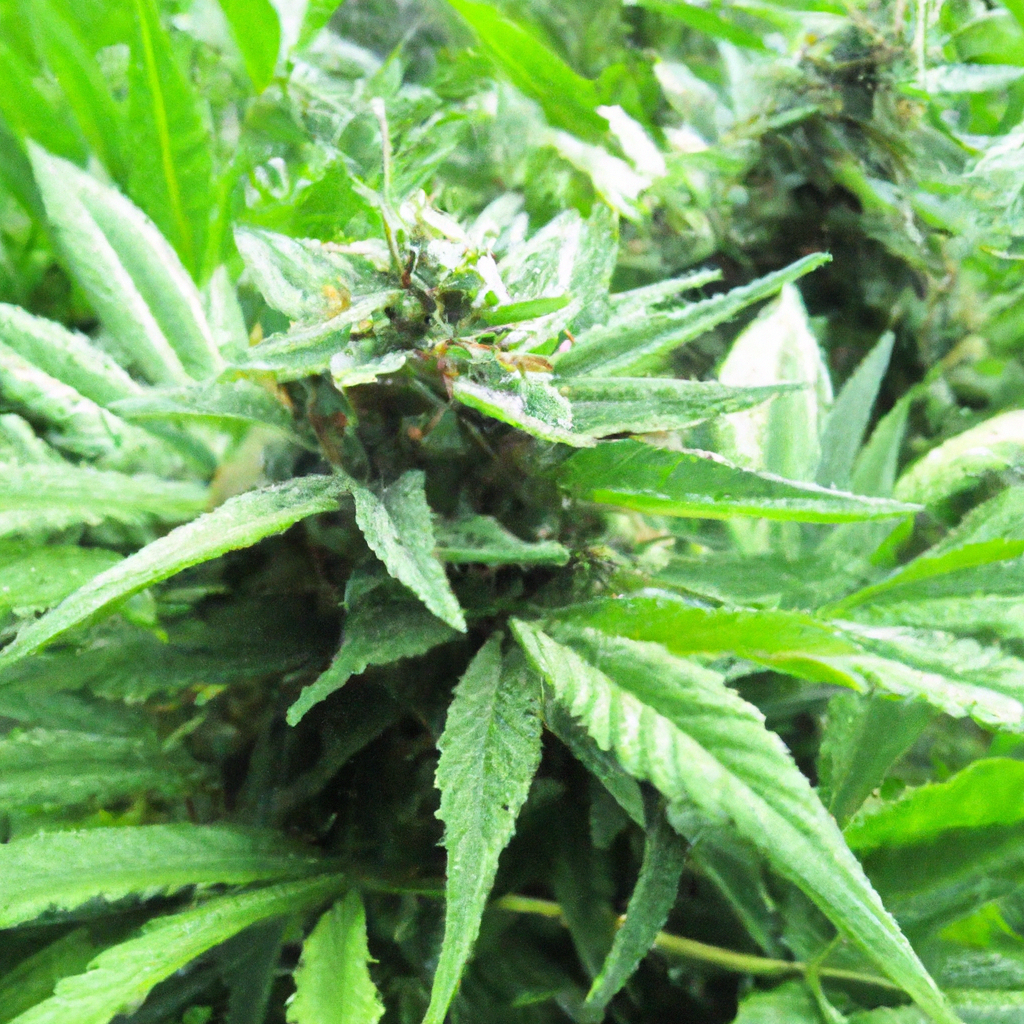
Embracing organic methods in cannabis cultivation benefits both the environment and consumer health by avoiding synthetic chemicals. This guide explores organic practices, starting with building a thriving soil ecosystem through composting, cover crops, and mulching. It highlights natural fertilizers like compost tea, fish emulsion, and seaweed extract for optimal plant growth. Eco-friendly pest management is…
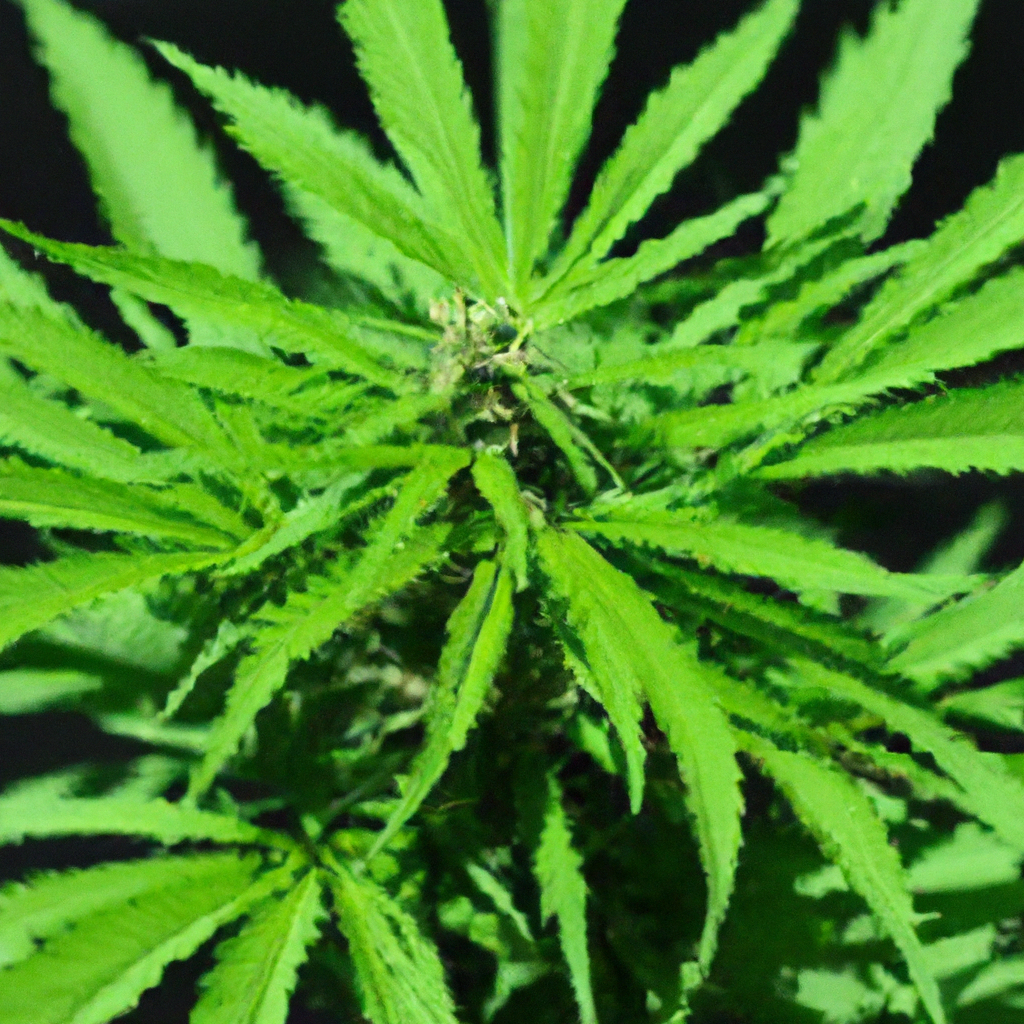
The cannabis cultivation industry is embracing a green revolution as growers increasingly adopt organic practices. This shift benefits the environment and leads to high-quality, safer harvests. Key practices include using natural fertilizers like compost, bat guano, worm castings, and fish emulsion, which enrich the soil without harming the environment. Building healthy soil ecosystems is crucial,…
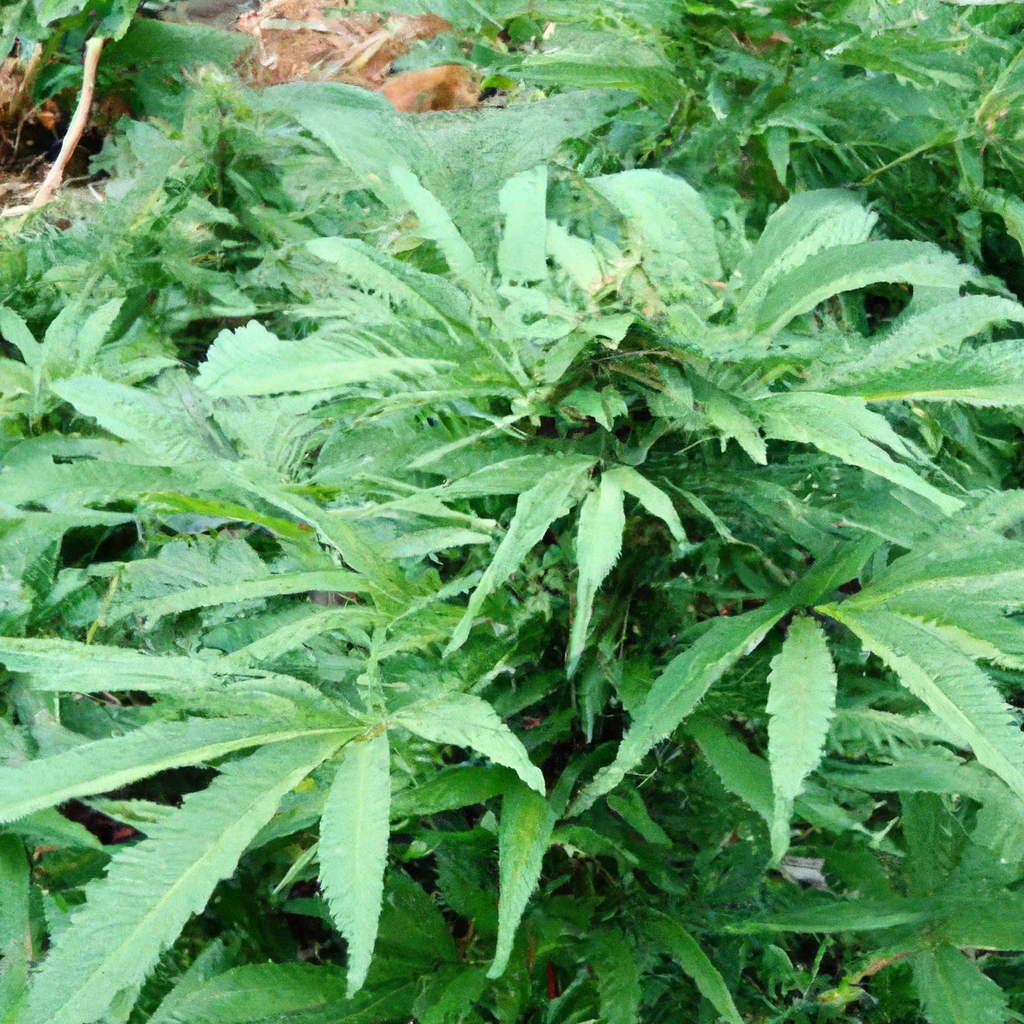
As the demand for chemical-free cannabis grows, organic cultivation offers a sustainable approach that benefits both the environment and consumers. Essential practices include using natural fertilizers like compost and worm castings to enrich soil health, employing compost for nutrient recycling, and adopting natural pest control methods using beneficial insects and sprays. Maintaining a healthy soil…
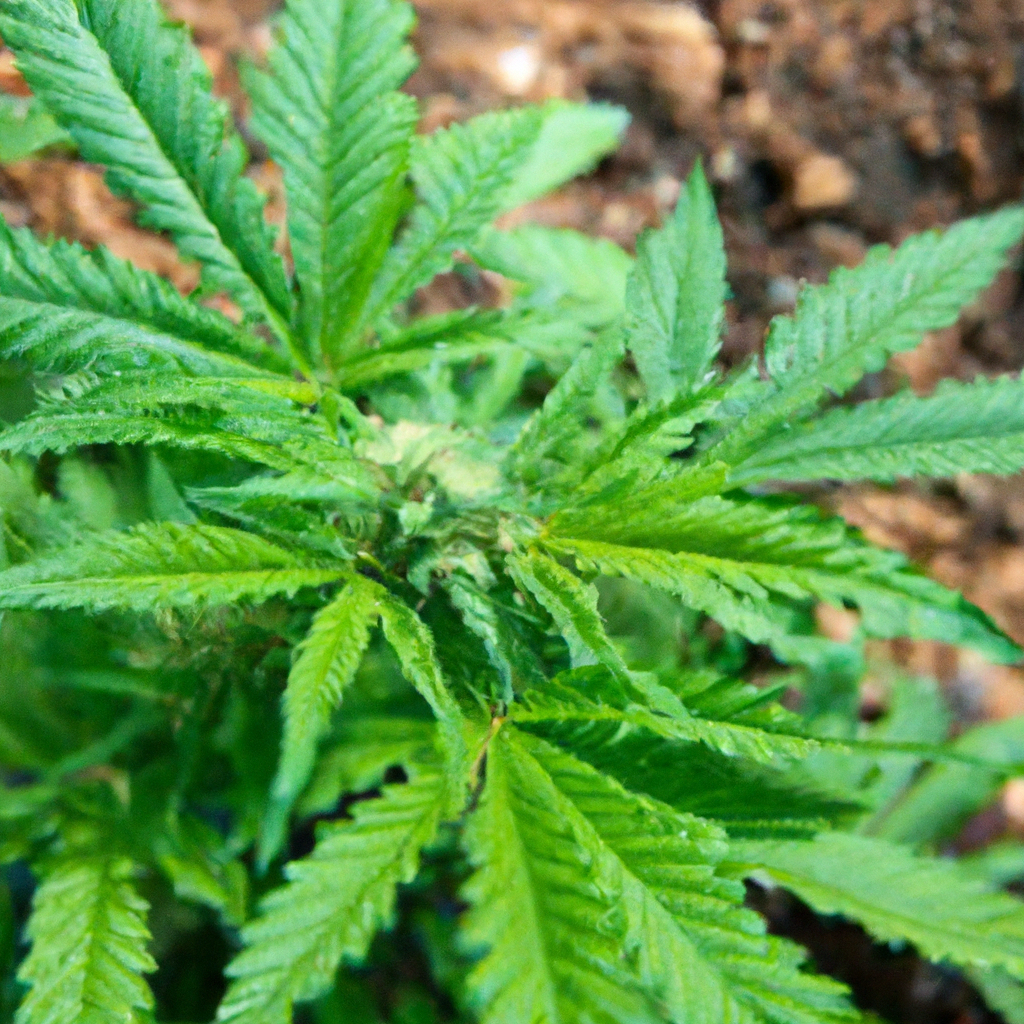
Embracing organic practices in cannabis cultivation supports environmental sustainability and enhances product quality and safety. As demand for naturally grown cannabis increases, understanding organic methods is crucial for growers aiming to stand out. Key elements include building a thriving soil ecosystem with compost, using natural fertilizers like bone meal and fish emulsion, and implementing eco-friendly…
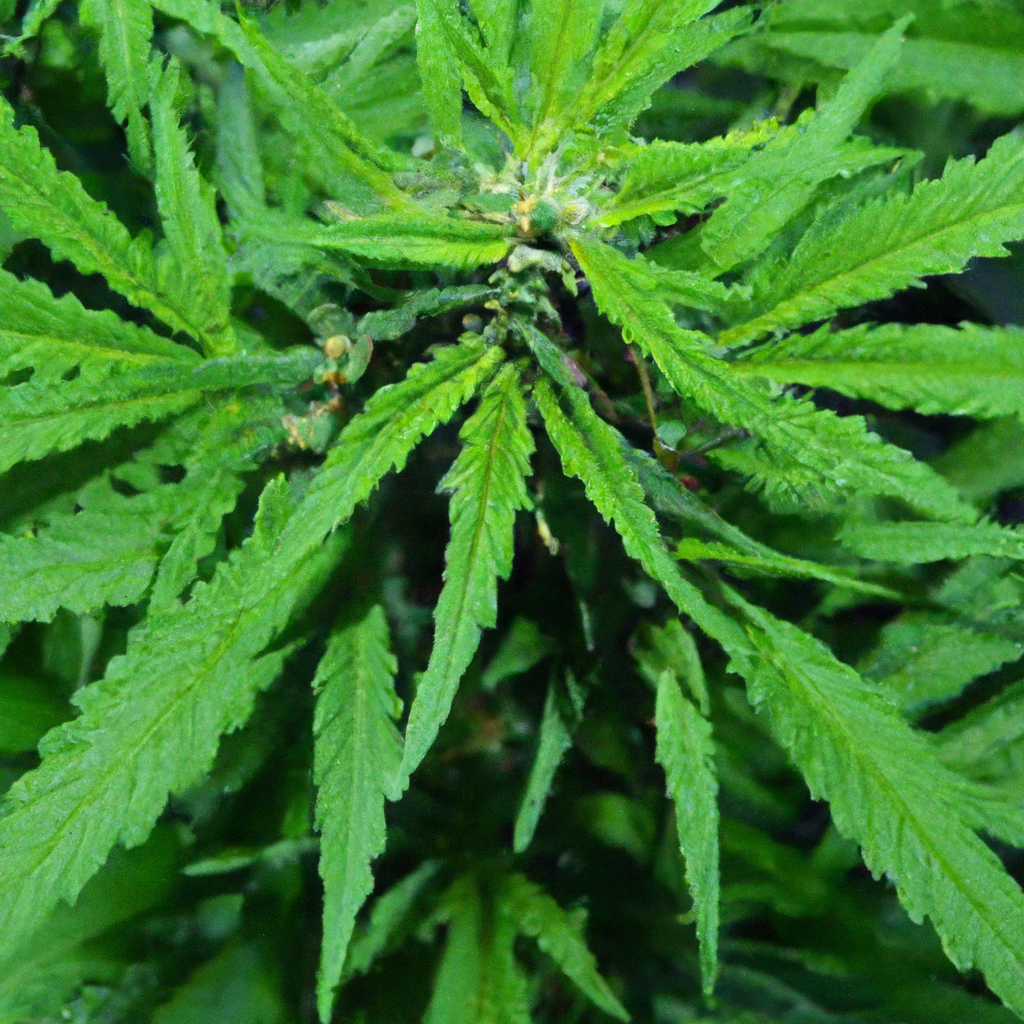
Welcome to a world of verdant possibilities where cannabis grows not just from soil, but from a philosophy of sustainability and health. This guide embodies best practices for organic cannabis cultivation, offering insights into building robust natural ecosystems, using eco-friendly fertilizers, and maintaining pest equilibrium without synthetic chemicals. Creating a rich soil ecosystem with compost…
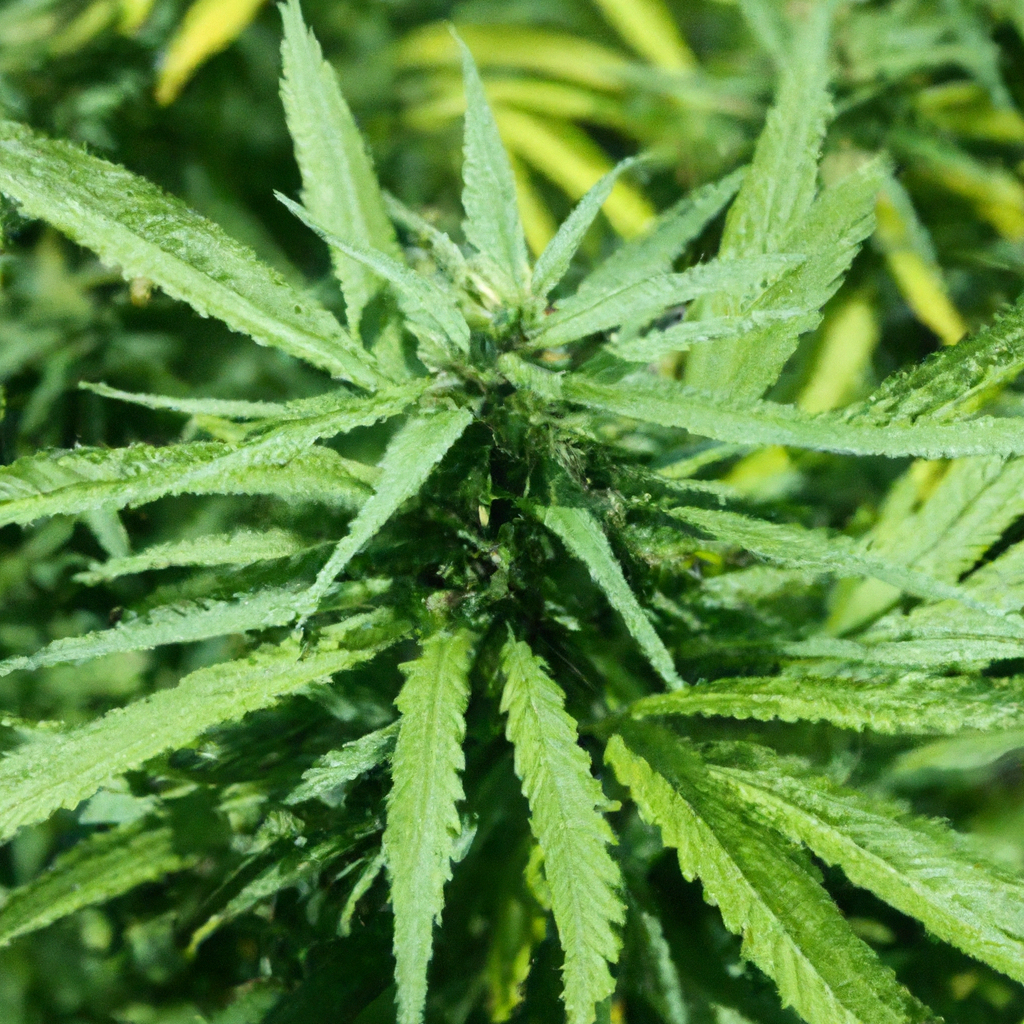
As the global cannabis industry shifts towards sustainability, organic cultivation is becoming increasingly important. This approach emphasizes the use of natural fertilizers, compost, and eco-friendly pest control methods, benefiting both the environment and growers. Key practices include building healthy soil ecosystems through companion planting and compost use, and utilizing natural fertilizers like kelp and alfalfa…
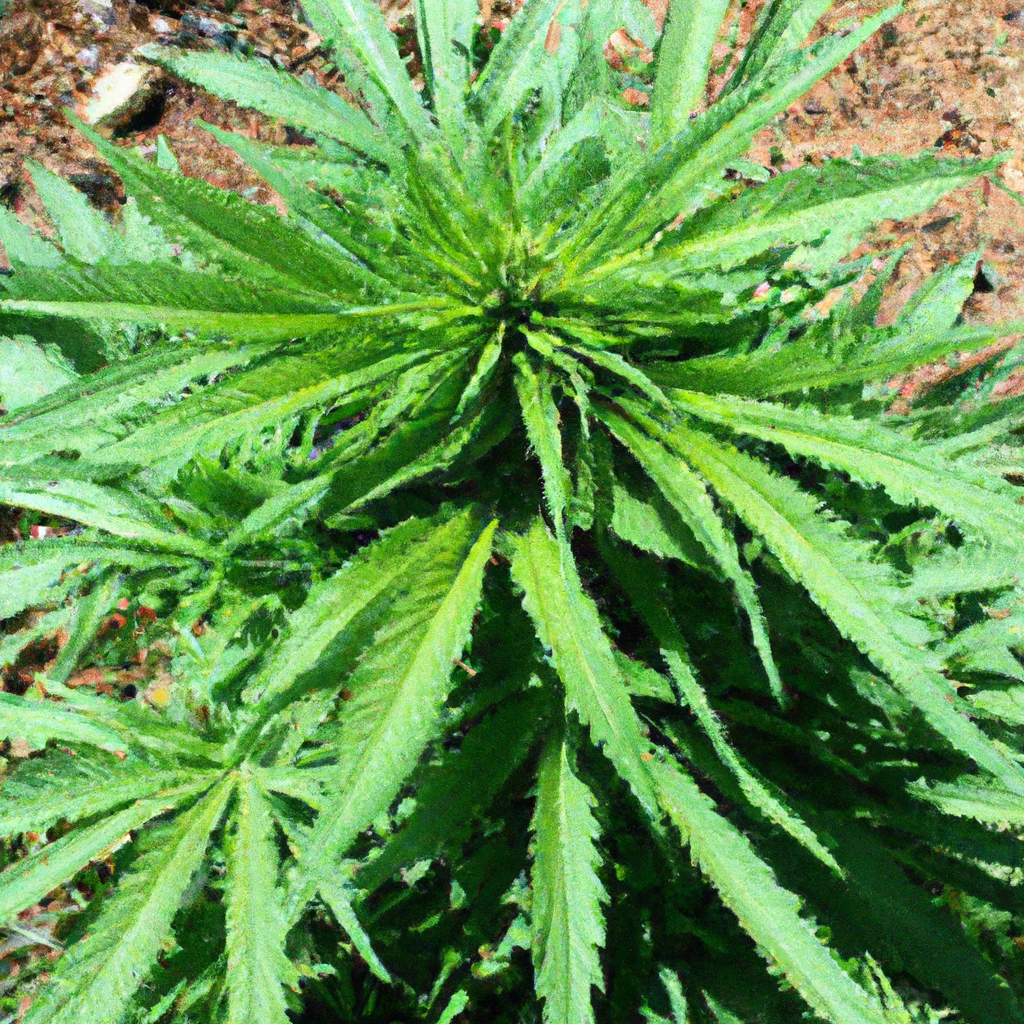
Explore the rewarding process of growing cannabis organically, a practice that champions eco-consciousness and top-tier quality. This blog post delves into best practices like building healthy soil ecosystems through composting, using cover crops, and practicing crop rotation. Discover natural fertilizers, including worm castings, bokashi tea, and fish emulsion, to optimize plant growth. Learn about natural…
Organic cannabis cultivation emphasizes sustainability by avoiding synthetic chemicals, resulting in eco-friendly, high-quality cannabis. Key practices include building healthy soil through compost and natural fertilizers, promoting beneficial microbes, and using organic pest control methods like companion planting and beneficial insects. Sustainable practices such as crop rotation, water conservation, and carbon sequestration are also crucial. This…
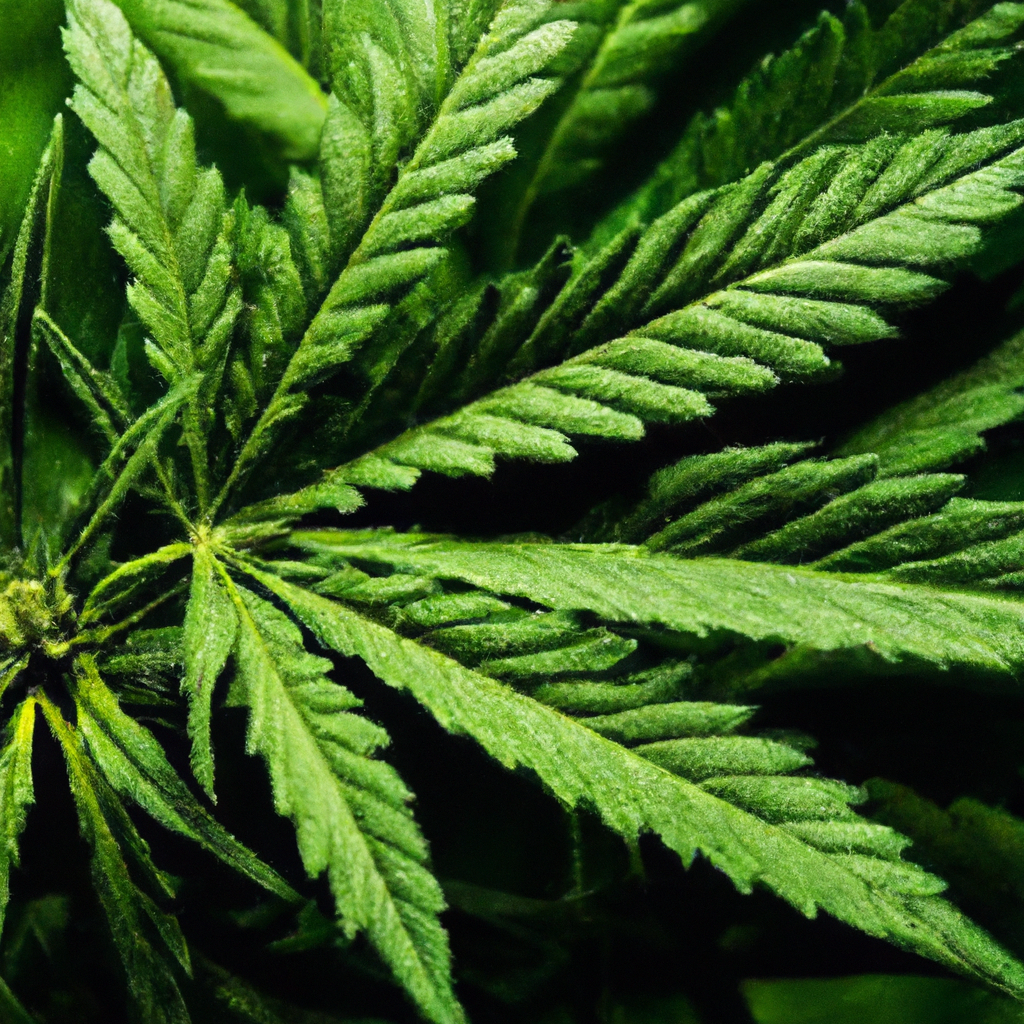
Various industries are turning to innovative solutions for reducing their carbon footprints as climate change impacts become more evident, and cannabis is emerging as a noteworthy ally. This blog delves into cannabis’s potential contributions to a sustainable future, highlighting its impressive carbon sequestration capabilities due to its fast growth and high biomass. Cannabis can enhance…
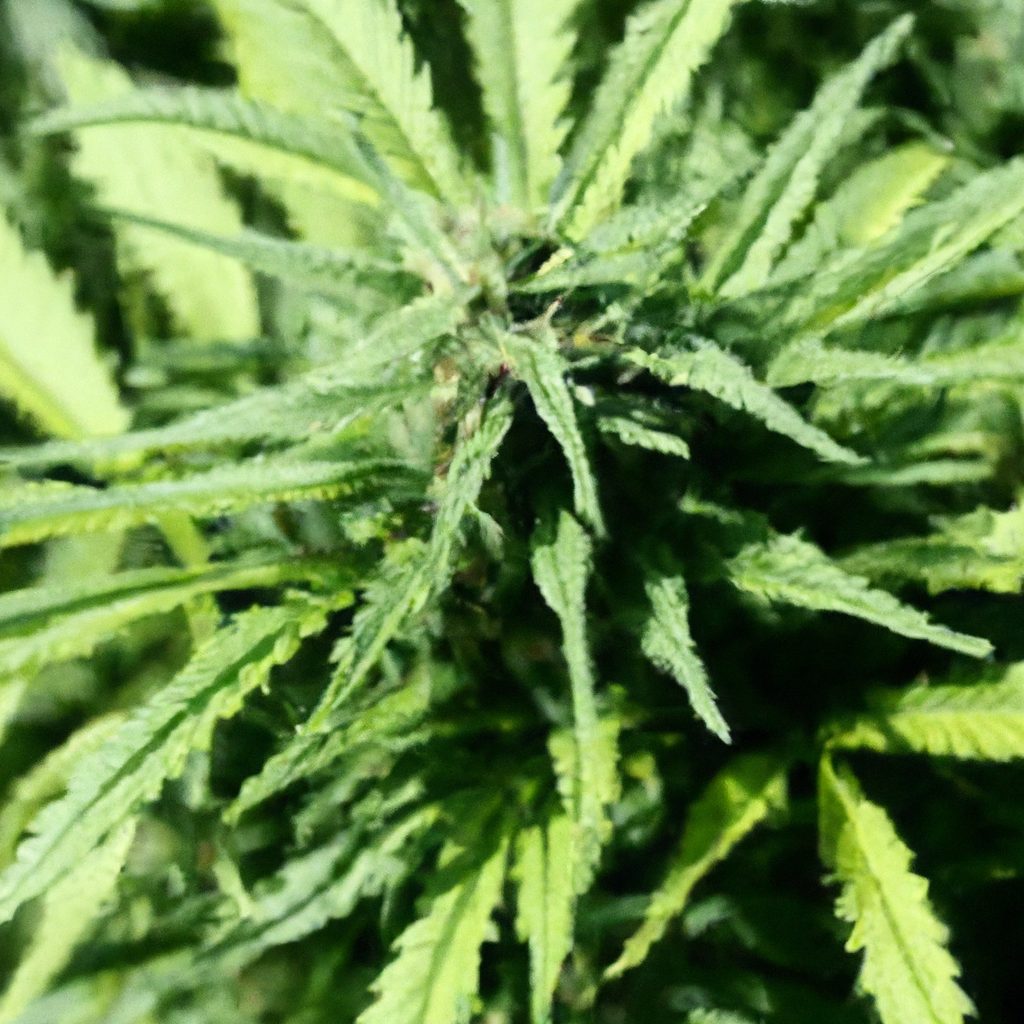
Organic cannabis cultivation prioritizes sustainability and eco-friendly methods for high-quality production. By enriching soil with compost, utilizing cover crops, and applying mulch, growers foster a robust soil ecosystem. Natural fertilizers and pest control, such as organic amendments and beneficial insects, maintain chemical-free plants. Avoiding synthetic chemicals protects local waterways and enhances soil fertility, while practices…
